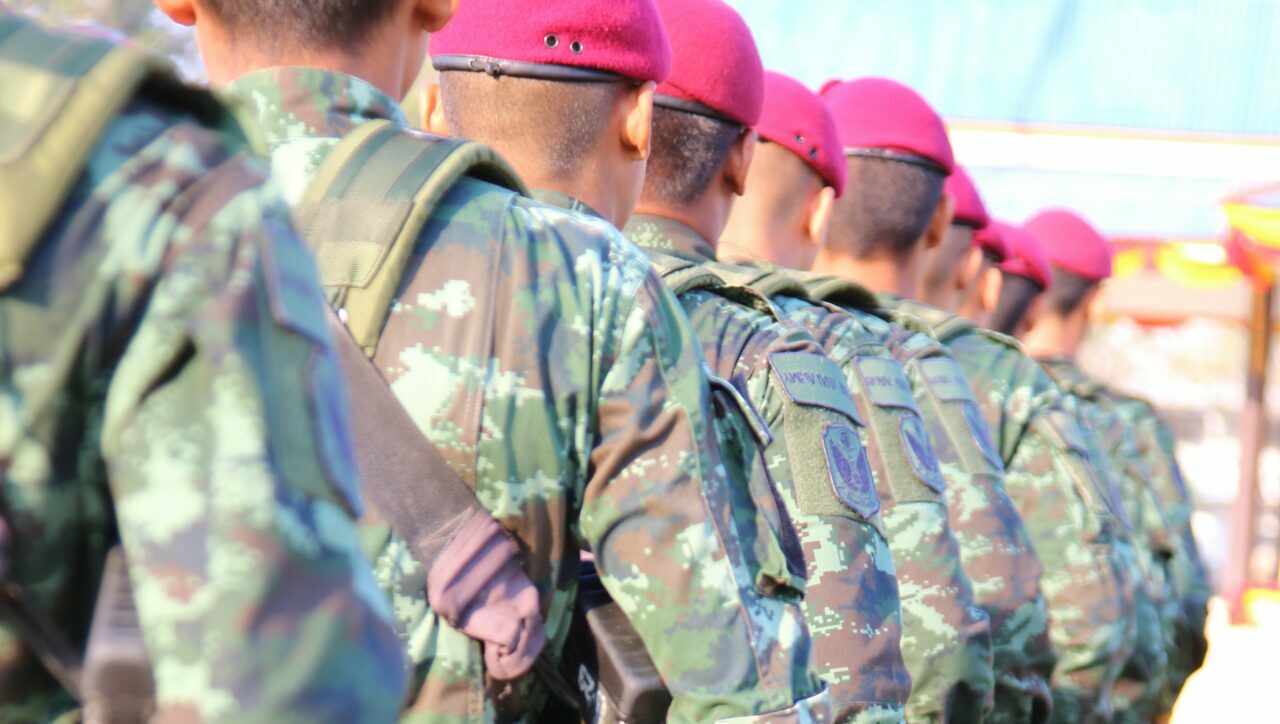The Ministry of Defence destroyed records of dismissed gay veterans
Veterans argue the erasure of these documents reinforces “the institutional homophobia we were attacked with.”

The records of Armed Forces personnel and veterans who were dismissed because of their sexuality or gender identity have been destroyed by the Ministry of Defence (MoD)
Veterans who had requested documents about investigations and interrogations into them by the military police were told that the records of these events had been deleted in 2010, BBC News reports.
Fighting With Pride, the Armed Forces LGBT+ charity, has remarked that with the removal of records the campaign’s members may struggle to access lost pensions or government compensation.
The organisation estimates that between 5,000 and 15,000 service members could have been affected by the homophobic ban between 1967 and 2000.
One veteran who been unable to access records is Jean Macdonald. She was a lance corporal in the Women’s Royal Army Corps but was dismissed in 1981 for being gay.
She was told that records of the investigation into her sexuality had been destroyed following an order from the Defence Police Chiefs’ Council.
“We’re a bit of hidden history,” Macdonald said, adding that the erasure of this personal history has left her feeling “invisible”.
The service police database produced only one document in relation to Macdonald which stated the reason for her dismissal was “conducting oneself disgracefully – unnatural act”.
66-year-old Tremaine Cornish, who served as a private in the Royal Army Catering Corps, was was dismissed in 1977 after being accused of being gay.
Cornish applied for the complete documentation of his military record, but was told papers about the police investigation were “safely and appropriately disposed of… in accordance with policing and data protection principles.”
The veteran shared that this has left him feeling “furious – furious about the state, furious about the institution, about the forces that we had signed up to.”
With the records of homophobic policies being disposed of and forgotten, Cornish said this reinforces “the institutional homophobia we were attacked with.”
A Ministry of Defence spokesman told the BBC that their “priority now is to understand the full impact of the historic ban and find appropriate ways to address the wrongs of the past. ”
The MoD added that the policy at the time was “to remove references to these former offences and investigations from service records.”
The government announced in January that an independent review, led by Lord Etherton, would investigate the LGBTQ+ military ban and see whether compensation is possible.
Fighting with Pride’s Craig Jones has called for an urgent meeting with the defence secretary.
“You can imagine what that looks like to people who will have a great deal of difficulty trusting the MoD and the government,” Jones shared, calling for clarity about the exact details of what documentarian has been erased and why.
Ahmed Al-Nahhas, a Partner and Head of Military Claims at the law firm, Bolt Burdon Kemp, says the firm has received many enquiries from LGBTQ veterans.
“They want closure, and part of that process involves uncovering the truth behind their dismissals. Unfortunately, a lot of these individuals had their careers snuffed out in a callous and abrupt manner, with little paper trail or due process, and often following bullying and harassment from their peers and Chain of Command.“
They go on to says that records should exist that “normally should be retained in perpetuity by the MoD.”
Addressing the MOD’s explanation that they had to delete records due to policy Al-Nahhas challenges, “they should publish evidence that their old policies obliged them to delete these important records.”
